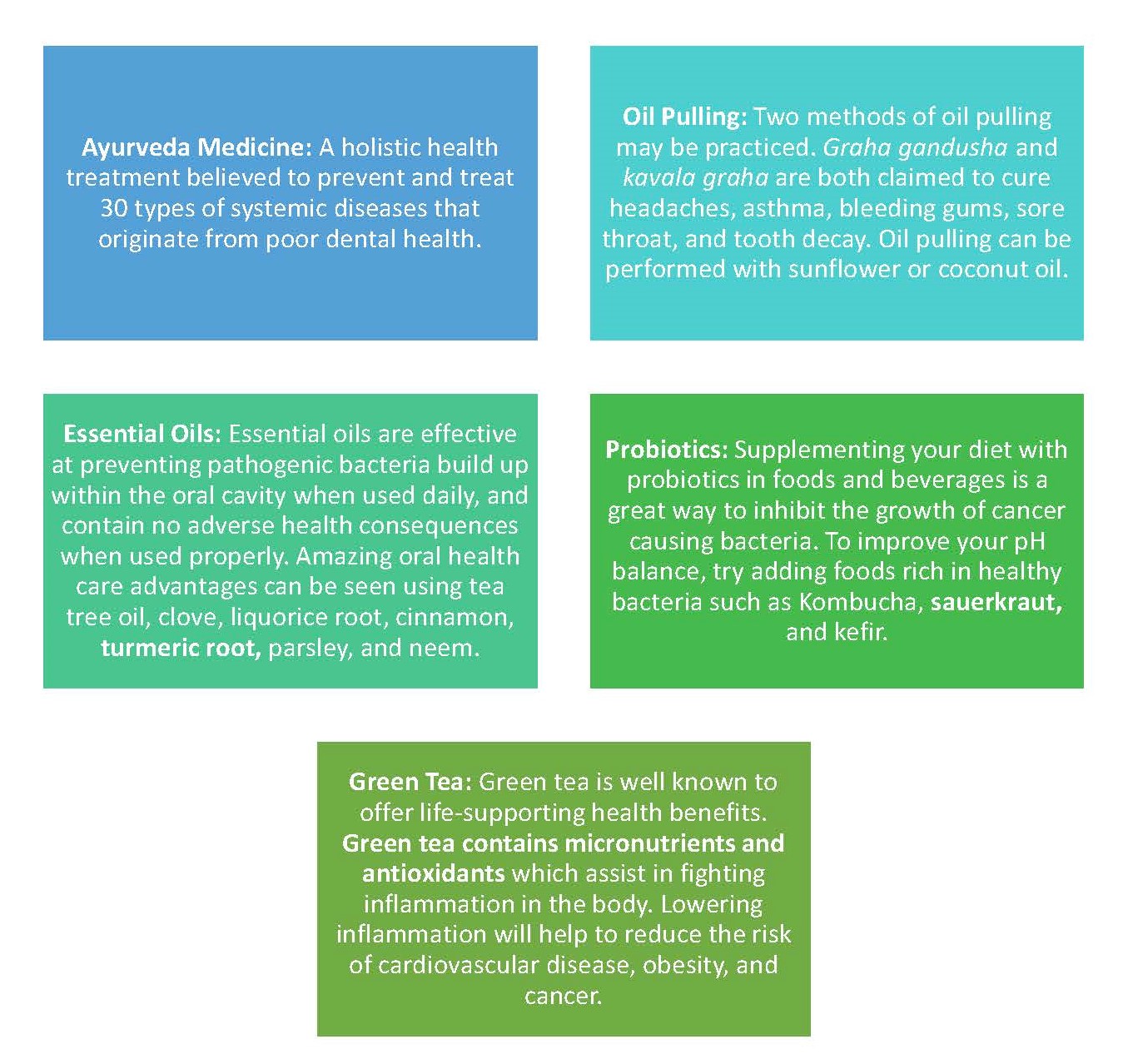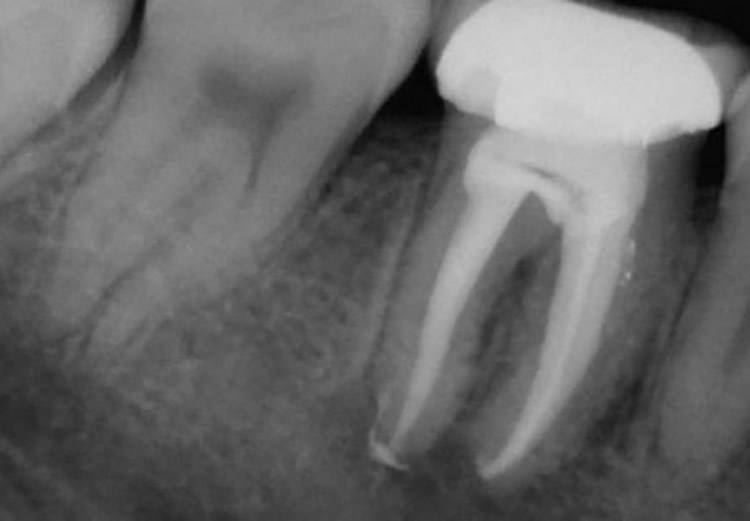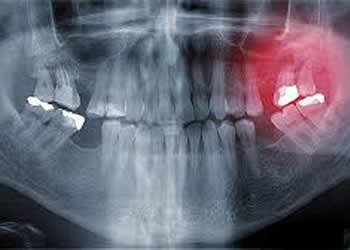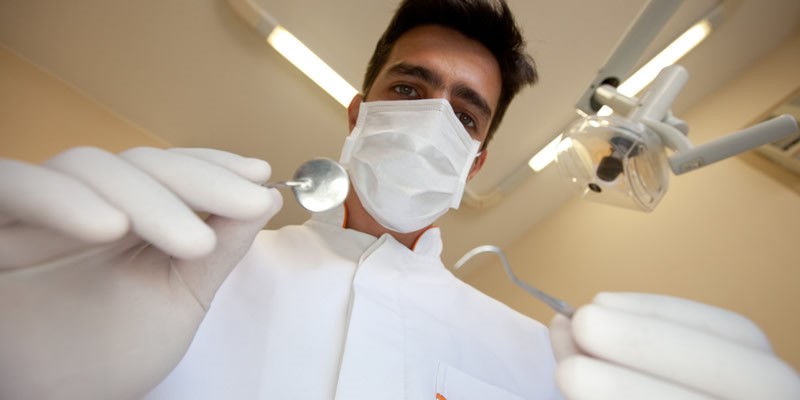Dr. Weston Price was one of the first researchers to understand the association between root canals and illness. Specifically, that root canals can cause the destruction of systemic health and the development of chronic illness. Many doctors today believe that root canals are the infected sites of origin which promote the decline in immunity and systemic health.
Given the well-established link between root canals and illness… can root canals cause cancer?
Root Canals Promote Secondary Infections
The nerve and dental decay from a damaged tooth is removed during a root canal. In theory, the chemical solution used to disinfect the area is designed to get rid of bacteria that may linger and cause further infections. But can all bacteria truly be eradicated?
Root canals seem to only place a bandage over a life-threatening problem, and more appropriately merely delay the onset of major health issues. Unfortunately, there is an underlying misconception that infective agents such as microbes, fungi, and viruses are successfully disinfected within teeth’s gums. However, there are miles of microscopic tubules which are never exposed to sanitizing chemicals.
In studies, up to 50% of the pathogenic bacteria population remained following treatment with the common disinfectant sodium hypochlorite. Adding human error to the equation, secondary health complications arising from root canals seem more likely than not.
Root Canals Foster Harmful Anaerobic Bacteria and Promote Antibiotic Resistance
Harmful anaerobic bacteria thrive in an oxygen-free environment when a dentist seals off a treated tooth. Toxins are released from the bacteria which leach into both neighboring and distant areas of the body. In one study, Dr. Stuart Nunnally, DDS, MS, reported that over the course of three years, all 87 patients who had undergone a root canal procedure reported a decline in health.
Dr. Josef Issels, MD, a world-famous cancer specialist, was probably one of the first physicians to require all of his cancer patients to have their dead teeth extracted as part of his healing protocol. In his book, Cancer: A Second Opinion, he discusses how over a period of 40 years working with 16,000 thousand cancer patients, over 90 percent of his patients had between two and ten dead teeth in their mouths when they first arrived at his clinic. He asserts (with convincing evidence) that dead teeth left in the mouth generate copious amounts of toxins capable of causing cancer in humans.
In a world consumed by taking a pill to treat a problem, antibiotics are yet another standard part of root canal procedures. The targeted bacteria are sealed off from the root canal and also separated from circulation or blood flow which enables the antibiotic to treat the affected area. As a consequence, the population of health-stimulating bacteria is destroyed and harmful bacteria become further drug resistant.
Bacterial infections commonly occurring in relationship to root canals include the following:
- Cardiovascular Disease
- Pain and suffering associated with inflammation of the body
- Diseases related to the brain
- Nervous system diseases
- Lowered immunity
- Diabetes
- Cancer
Root Canals Increase Your Risk of Chronic Degenerative Disease
Dr. Weston Price learned of an interesting discovery in the 1900s when his research led him to implanting the infected tooth from a human into another animal. The same chronic health complications became apparent in the animal shortly following the tooth’s implantation. Therefore, it is not only the population of bacteria which causes systemic dysfunction, but also the concentration of toxins produced by bacteria.
As a result of Dr. Price’s research on the implication of root canals and systemic health, we now understand how root canals increase your risk of all types of adverse health responses including:
- Enterococcus fecalis: These bacteria are associated with urinary tract infections and are one of the most well-known antibiotic-resistant bacteria
- Pseudomonas: Symptoms associated with these bacteria include a weakened immune system, pneumonia, blood infections and may possibly lead to death
- Staphylococci: Referred to as staph infections, these bacteria not only lead to skin infections, but pneumonia, blood poisoning and Toxic Shock Syndrome as well
- Streptococii: Known as flesh eating bacteria, populations of these bacteria are associated with strep throat, pain, fever, dizziness, swelling, confusion, abnormal blood pressure and Toxic Shock Syndrome
Improve Your Oral Hygiene
The first step for lowering your risk of chronic diseases and cancer is preventing the decay of your teeth and gums.
Consider the following oral hygiene health care tips to lower your risk:
- Brush your teeth at least twice a day
- Floss daily
- Replace toothbrushes as necessary or about every 3 months
- Remove dead cells and bacteria using a tongue scraper
- Use a toothpaste free of fluoride and chemical additives
- Limit acidic foods and drinks
- by drinking purified / spring / clean borehole water
- Consume a health diet
Try These Other Oral Health Care Tips to Reduce Your Cancer Risk
You may already understand the benefits of the normal practices of maintaining good oral health, but some other practices you may want to try have been around for over 3,000 years – see the chart: Oral Health Care Tips To Reduce Cancer Risk – Table
Find A Holistic or Biological Dentist Near You
Place your health in the helping hands of a holistic or biological dentist today.
Article By Dr. David Jockers DC, MS, CSCS











